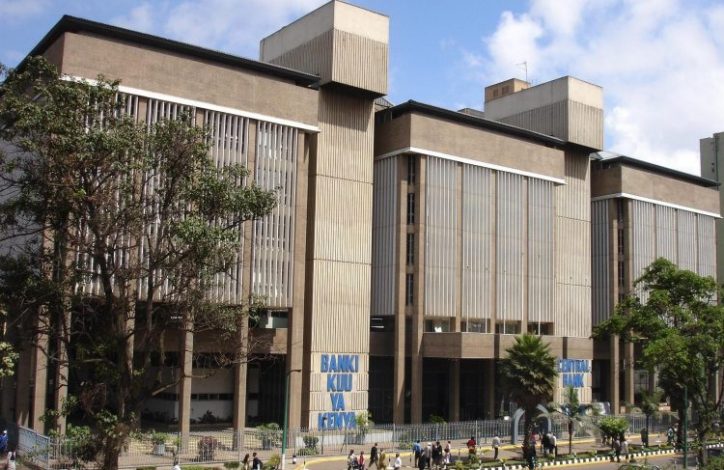The Central Bank of Kenya (CBK) on Monday delivered a widely expected interest rate hold at 9 percent due to the relatively stable inflation rate and current ‘appropriate economy stance but said they will remain vigilant on the possible effects of the increased uncertainties in the external environment.
This is the 16th consecutive month that the MPC has held the lending rate at that percentage.
The meeting was held against a backdrop of domestic macroeconomic stability sustained optimism on economic growth prospects, heightened global uncertainties and volatility in international markets.
Dr. Patrick Njoroge, CBK governor, who chaired the Monetary Policy Committee (MPC) said: “The Committee also noted the prospective tightening of fiscal policy which would provide scope for accommodative monetary policy in the near term.”
The Kenya economic outlook shows a “sustained optimism,” according to the MPC Private Sector Market Perception Survey conducted in September 2019 with inflation expectations well anchored within the target range, and implementation of the Big 4 agenda projects, ongoing public infrastructure investments, improved weather conditions, and a stable macroeconomic environment, chairman Patrick Njoroge said in the MPC statement.
READ:
In holding the benchmark lending rate, the MPC acknowledged the ongoing developments in the global and domestic economy and said, it will monitor, “including any perverse response to its previous decisions, and stands ready to take additional measures as necessary.”
Kenyan Economic Analysts are in consensus that the central bank’s toolkit for monetary policy has proven increasingly ineffective in spurring economic activity through the credit channel.
“Private sector credit growth continues to stagnate below 6.00% resulting in a non-optimal contribution of private-sector output to growth. Policy transmission challenges continue to be attributed to the interest rate cap which, at present, could remain in place for longer after a section of lawmakers voted against the repeal of the law that put
it in force,” according to Commercial ank of Africa Analysts.
READ:
- CBK Governor Terms Rate Cap as ‘Temporary Deviation’, Legislators Reject its Repeal
- Why Interest Rate Capping Law Will Continue to Strangle Kenya’s Private Sector
“Under the assumption that interest rate caps remain (without any form of modification), we reiterate that we don’t anticipate an increase in the auction rates as this would curtail growth prospects in the private sector and could bear fiscal consolidation constraints on a government that has accumulated a disproportionate amount of debt in the domestic market. However, we remain optimistic for a modification,” Genghis Capital Analysts state.
Rebound in Private Sector Credit Growth
On the contrary, the committee noted that, private sector credit grew by 6.3 percent in the 12 months to August, compared to 6.1 percent in July.
“Strong growth in credit to the private sector was observed in the following
sectors: trade (8.4 percent); manufacturing (7.5 percent); consumer durables (23.0 percent); private households (8.6 percent); and finance and insurance (6.3 percent).
The uptake of credit particularly by Micro, Small and Medium Enterprises (MSMEs) is expected to increase as innovative new credit products in the banking sector become fully deployed.”




